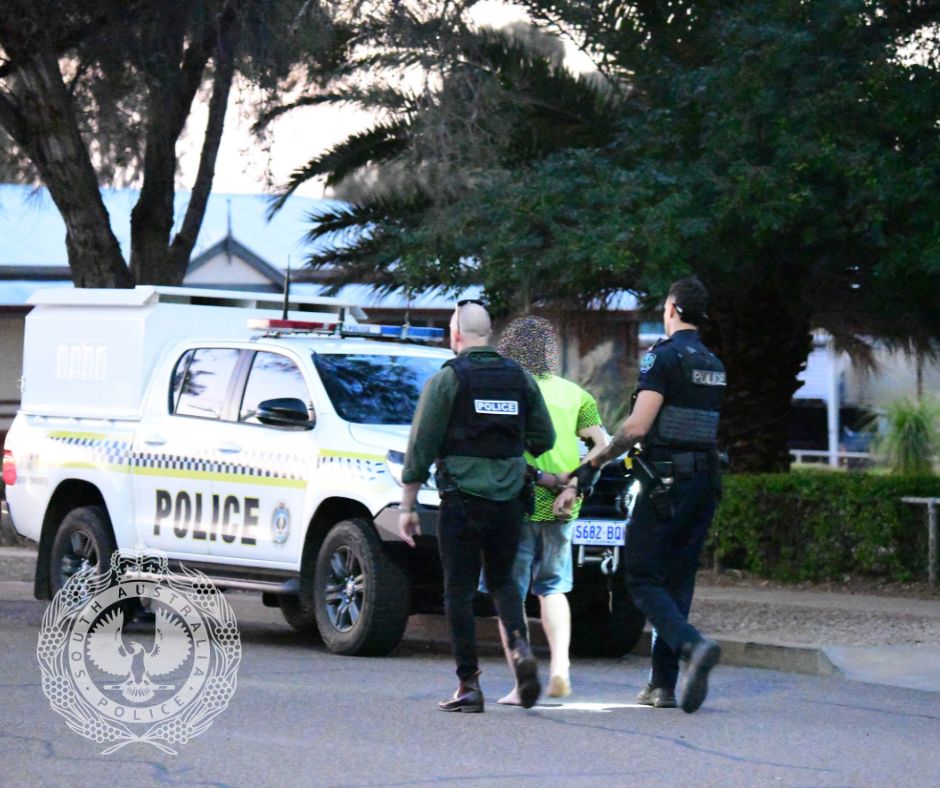EPA is celebrating , which is held on Sunday 11 February, and sharing profiles of some of our super science staff.
Dr Maryam Moslehi
Dr
Dr Maryam Moslehi is a Senior Health Risk Advisor at EPA. She has always been passionate about science and the impact that it can have on public wellbeing.
“I was always fascinated by the delicate choreography of atoms and molecules orchestrating life itself,” she said.
“This curiosity led me to study molecular biochemistry. I was studying the mechanism by which specific proteins control brain development.”
Her background in the field helped her transition to working as a health risk advisor. This blended her passions seamlessly.
Maryam said EPA has provided an environment for her to learn and grow.
“I have had supportive mentorship at EPA. This has allowed me to refine health risk assessment approaches. It has also let me contribute to advancing these approaches for the benefit of the community,” she said.
Maryam acknowledges there are still stereotypes in the field. Science can seem male-dominated, but she sees positive change.
“The misconception that women may not excel in STEM fields persists. But every day, women are breaking these stereotypes by making significant contributions. They’re proving that excellence in science knows no gender,” she said.
“In this male-dominated arena, we persistently prove our capability. We challenge biases and overcome centuries of ingrained suppression. Gender should never determine one’s ability to excel and it’s crucial to internalise this truth.”
Knowing her efforts have a tangible impact on the community resonates with Maryam.
“My proudest moments stem from supporting other women and girls. I get to share experiences and mentor students. I get to witness their growth and achievements firsthand,” she said.
“It’s a deeply rewarding aspect of my career.”
Maryam believes it’s crucial more women and girls consider a career in science. She said a lack of diversity can lead to biased outcomes and less inclusive work environments.
“Diverse perspectives are the lifeblood of scientific innovation. Encouraging more women and girls into science ensures a rich spectrum of ideas, solutions,” she said.
“We need varied opinions in all fields to prevent exclusion.”
For women or girls considering a career in a STEM field, Maryam wants you to think big and long-term.
“We have a long way to go to reach equity and equality in the field. But remember the achievements of giants like Marie Curie and Rosalind Franklin that paved the way for today’s female scientists. The path may be challenging, but each step forward contributes to a more inclusive and innovative scientific community,” she said.
“Embrace your curiosity and defy stereotypes. Understand that your voice in science is not just valuable, it’s essential for progress.”






